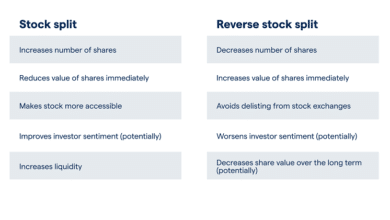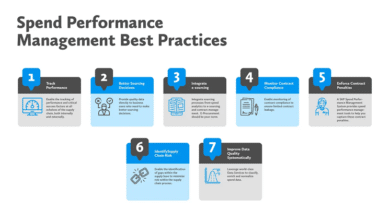Common Loan Mistakes Small Business Owners Usually Make When Borrowing Loans

Starting up and running a small business is both exciting and challenging. This is especially true when securing capital. If you want to start a business, one way you can do that is to take out a loan. But before you look for a money lender Singapore, keep in mind that loans bring you opportunities and pitfalls. To help you avoid the latter, here are some of the errors small business owners make when it comes to loans.
Not Knowing What the Terms Are
Sometimes, loan agreements seem so wordy and many that the borrower just signs the agreement without really understanding the terms and conditions, interest rates, and fees. Unfortunately, many small business owners make the same mistake.
It’s advisable to read through each page section of a loan contract before signing it. If you see vague terms and clauses, meet up with your lender and raise it up to them so they can explain to you what they entail. Knowing precisely what you are agreeing to makes planning easier, and the chances of any mistake landing your business into rubble diminish.
Not Computing the Real Costs of Interest Rates and Hidden Fees
Interest rates and fees may not appear to make a huge difference, but they soon add up to the total costs of your loan. High interest means smaller profits. And if your business isn’t doing well, it means difficulty paying for operational costs.
Aside from doing the math, compare loan offers from different providers. While comparing their interest rates, look at their other fees as well. That way, you can go with a loan that fits your budget and won’t be difficult to manage later on.
Blending business and personal finances
One of the common errors small business owners, especially newly established ones, make is mixing their personal and business finances. If you’re not careful, you can end up using personal funds to pay off business expenses or vice versa. Blurring the lines can make it challenging to track your business’s true financial health, so stay disciplined to ensure it doesn’t happen.
Failure to Have a Payback Plan
Like any other loan for any other purpose, you must have a realistic plan on how to pay back the loan for your business before applying. Project your income and include your loan repayments into the expense budget of the businesses. You should also consider how seasonal fluctuations or slow periods may affect the business’s finances and ensure the consistency of loan repayments even during these times. In this way, you’ll keep your creditworthiness on solid ground.
Using Loans for Non-Essential Expenses
Investing in non-essential things for your business, such as luxury upgrades or unnecessary office gadgets, can mean more expenses, which means a bigger loan. Unfortunately, such a loan can be difficult to manage, especially if the business doesn’t do as well as expected. Instead, prioritize expenses that will focus on the core of the business, such as inventory, marketing, or technology.
Not Building an Emergency Fund
Any business, including yours, is exposed to unforeseen expenditures and economic problems, and sole dependency on loans is not the answer to those troubles. To cushion the impact of such financial strains, the business must have a reserve fund. This can also help you pay the loan during times when the business isn’t doing well.
Allocation of even a small percentage of your revenues every month can overtime build up an emergency fund. However, it’d be better to make your regular contributions to it big as possible.
Underestimating Your Business’s Cash Flow
Cash flow is the backbone of any business. However, due to the nature of small businesses, it can be sometimes difficult to predict their cash flow. That’s why it’s important to keep a close eye on your business’s cash flow patterns. Consider factors such as seasonal demand, cycles of payments, and possibly other upcoming expenses. This will make it easier for you to predict when funds will be available to help make loan commitments with smooth regularity.
Conclusion
A loan can be a great starting point in your business growth path, but much preparation and responsible management must accompany borrowing. Avoid these pitfalls — borrow only what you need, comprehend the loan terms, maintain a separation of finances, create a good repayment plan, build an emergency fund, and understand your business’s cash flow. Remember, it is with each decision you make financially today that determines the success of your business tomorrow, so tread with great caution and purpose.





